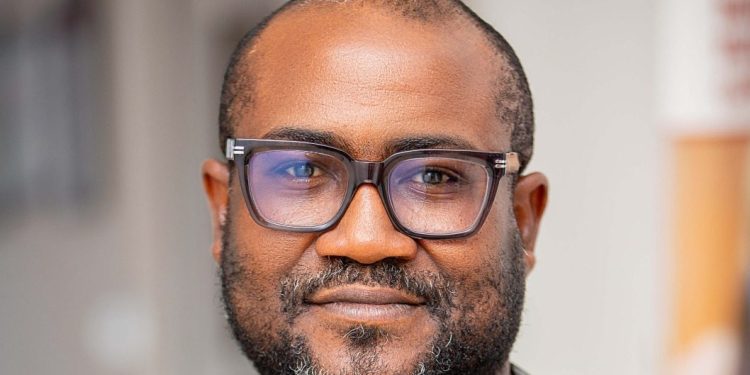Personal financial solutions in the face of rising prices for goods and services
Personal finance management is an important area of daily living that necessitates careful planning and smart decision-making, particularly in a nation like Ghana where the cost of products and services is always rising.
The rising cost of products and services in Ghana has put a burden on many individuals’ and families’ finances, making it more difficult to make ends meet and save for the future.
Rising costs have a substantial impact on personal finance in Ghana, forcing people and families to dedicate a bigger amount of their income to basics like food, housing, and healthcare. This results in less money for savings, investments, and other financial goals, making it more difficult for people to achieve financial stability and security. In this article, I will explore how rising prices affect personal finance and offer practical suggestions for properly managing personal finances in the face of these issues.
Cut Non-Essential Expenses
In an age of rising costs, it is critical to priorities you’re spending and cut back on non-essential items that may be easily decreased or eliminated. This could involve eating out less frequently, cancelling unwanted subscriptions, and seeking cheaper alternatives to goods and services. Consider strategies to reduce your energy consumption, such as turning off lights and appliances when not in use and switching to energy-efficient items.
Make a Budget and Stick to It
One of the most fundamental tactics for managing your finances in Ghana is to construct a budget that details your income, expenses, and savings objectives. Begin by identifying all your sources of revenue, including salary, bonuses, and any other additional income. Next, divide your spending into two categories: fixed (rent, utilities, and loan payments) and variable (groceries, entertainment, and transportation). Once you’ve determined your income and expenses, make a budget that assigns a percentage of your money to necessary expenses, savings, and discretionary spending.
Build an Emergency Fund
An emergency fund is an essential component of a strong financial strategy, particularly in a country like Ghana where unexpected expenses can occur because of inflation, currency depreciation, and economic uncertainty. Set up three to six months’ worth of living expenses in an emergency fund to meet unforeseen expenses like medical emergencies, car repairs, or job loss. Begin by setting away a percentage of your monthly salary for your emergency fund and keeping it in a separate savings account that is quickly accessible in the event of an emergency.
Diversify Your Income Sources
In a volatile economy like Ghana, diversifying your sources of income is critical to protecting yourself from price and economic volatility. Consider supplementing your principal source of income with freelance work, part-time jobs, or creating a side business. Diversifying your revenue streams can help you boost your earning potential, develop financial resilience, and lay a more solid financial foundation for yourself and your family.
Invest Wisely
Investing is an important method for accumulating wealth and accomplishing long-term financial objectives, particularly in a nation like Ghana where the cost of living is high, and inflation is a problem. Consider investing in a diverse range of assets, such as equities, bonds, real estate, and mutual funds, to increase your wealth over time while protecting against inflation. Before investing, conduct extensive research, consult with financial advisers, and examine your risk tolerance to identify the best investment strategy for your financial objectives.
Stay Informed and Educated
Finally, remaining informed and educated about personal finance and economic trends is critical for successfully managing your finances in a country like Ghana, where costs are continually rising. Stay up to date on inflation rates, currency fluctuations, and changes in the cost of living so that you may make informed financial decisions and alter your strategy accordingly. Consider attending financial literacy classes, reading personal finance books and articles, and consulting with financial consultants to increase your financial knowledge and skills.
Conclusion
Managing personal finances in Ghana amid rising pricing for goods and services demands careful preparation, discipline, and a proactive approach to budgeting, spending, and investing. Individuals and families in Ghana can negotiate the problems of rising costs by making a budget, reducing non-essential expenses, saving for an emergency, diversifying income sources, investing properly, and staying informed.
Dr Andrews Ayiku
Lecturer/SME Industry Coach
Coordinator (MBA Impact Entrepreneurship and Innovation)
University of Professional Studies Accra
ayiku.andrews@upsamail.edu.gh
IG: andy_ayiku
@AndrewsAyiku
F: Andyayiku



